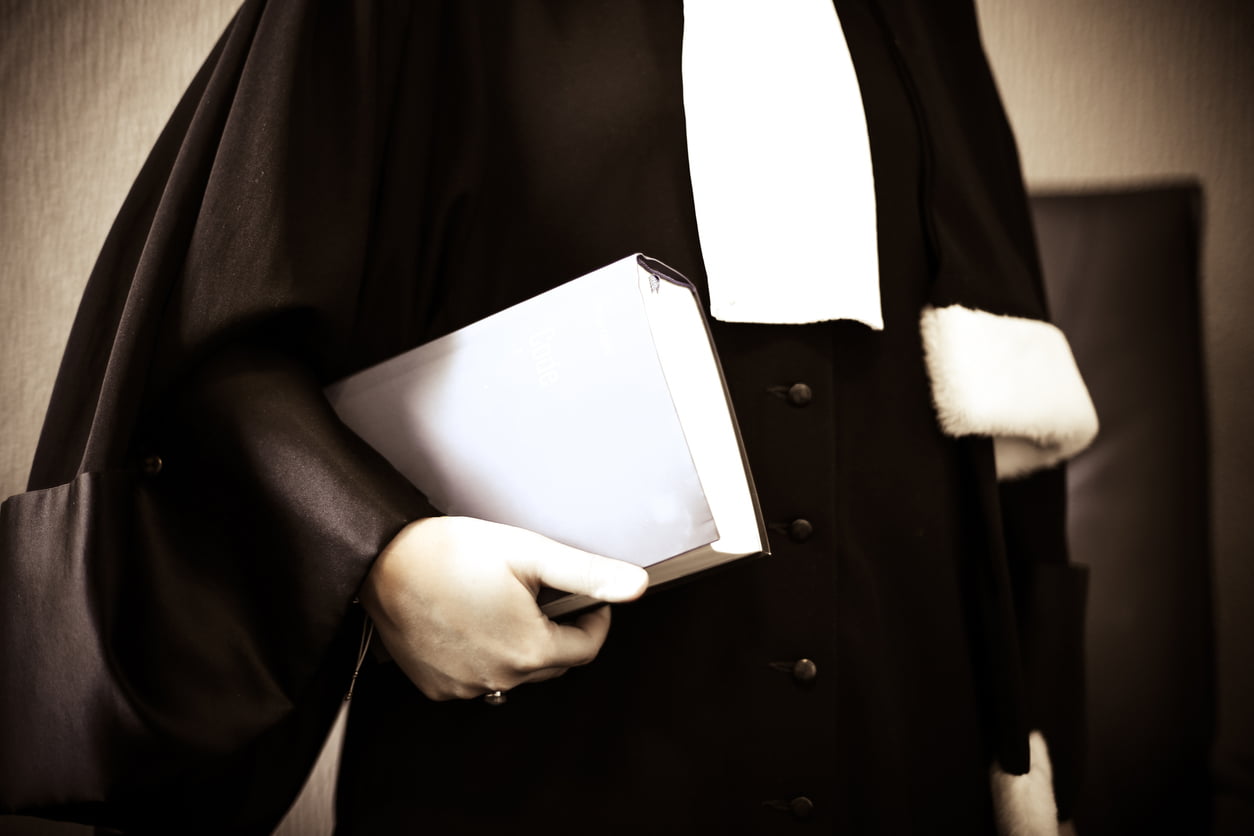Selecting the right lawyer in Melbourne is a pivotal decision that can significantly impact your legal outcomes, whether you are dealing with personal matters such as family issues or estate planning or facing complex business disputes or criminal charges. Melbourne, Australia’s vibrant and diverse legal scene, offers an array of legal professionals and firms. To navigate this vast landscape and secure the best possible legal representation, consider the following comprehensive guide on how to choose the best lawyers in Melbourne.
1. Define Your Legal Needs
The first step in your quest for the best lawyer in Melbourne is to clearly define your legal needs. The legal field encompasses a wide array of practice areas, including family law, criminal defense, real estate, immigration, intellectual property, and more. By precisely identifying your legal issue, you will be better equipped to find a lawyer with expertise in the specific field relevant to your case.
2. Research Lawyers’ Specialisations
Once you have determined your specific legal needs, embark on thorough research to identify lawyers who specialise in that particular area. Look for law firms or individual solicitors who have a demonstrated track record of handling cases similar to yours. Investigate their experience, reputation within the legal community, and success rate in their chosen practice area.
3. Check Qualifications and Credentials
Ensure that the lawyers you are considering possess the necessary qualifications and credentials. In Australia, practicing lawyers must be admitted into legal practice, and their credentials can be verified through the Law Society of Victoria or the relevant state body. Additionally, seek out memberships in professional organisations related to their practice area, as these can indicate a commitment to staying current with developments in their field.
4. Assess Experience
Experience is a fundamental factor when evaluating potential lawyers. Inquire about the number of years the solicitor has been practicing in Melbourne and their specific experience with cases similar to yours. Seasoned lawyers often bring valuable insights, well-established networks, and effective strategies that can make a substantial difference in the outcome of your legal matter.
5. Seek Recommendations
Word-of-mouth recommendations from trusted sources, such as friends, family, or colleagues, can provide invaluable guidance in your quest for the best lawyer. Personal referrals offer insights into the lawyer’s communication skills, approachability, and overall effectiveness in handling legal matters.
6. Conduct Interviews
Narrow down your list of potential lawyers and schedule consultations or interviews with them. These meetings are essential for gaining a deeper understanding of their approach to your case, potential strategies they may employ, and the estimated timeline for resolving your legal matter. Pay close attention to their communication style, as effective communication is vital throughout the legal process.
7. Consider Communication
Effective communication is paramount in any legal relationship. It’s crucial to ensure that the lawyer you choose is responsive, attentive, and accessible. You should feel comfortable discussing your concerns, asking questions, and receiving regular updates on the progress of your case.
8. Evaluate Costs and Fees
Discuss the lawyer’s fee structure during your initial consultation. Gain a clear understanding of how they bill for their services, whether it’s hourly rates, flat fees, or contingency-based fees, depending on the type of case. Transparency in fee arrangements is essential to avoid unexpected financial surprises as your legal matter progresses.
9. Read Reviews and Check References
Online reviews and testimonials can provide valuable insights into a lawyer’s reputation and the experiences of past clients. Furthermore, don’t hesitate to ask the lawyer for references from previous clients who can share their thoughts on their legal representation. These references can offer a firsthand account of the lawyer’s performance and the outcomes they achieved.
While negative reviews from disappointed clients may offer valuable insights into their individual experiences, it’s important not to automatically discount or generalize the quality of a lawyer based solely on such feedback. Legal matters are complex, often influenced by numerous factors beyond a solicitor’s control, and can lead to varied outcomes. A negative review may stem from factors unrelated to the lawyer’s competence, such as unrealistic expectations or misunderstandings. It’s advisable to consider negative reviews alongside positive ones, consult with the lawyer directly, and conduct thorough research to form a balanced and informed judgment about their services. Legal decisions are significant, and a fair evaluation of a solicitor’s abilities should take into account a broader perspective.
10. Trust Your Instincts
In the final analysis, trust your instincts when selecting a lawyer. It’s essential to feel confident in your lawyer’s abilities and comfortable discussing sensitive matters with them. The right lawyer should not only be a skilled legal professional but also a trusted advisor and advocate for your legal interests.
In conclusion, choosing the best lawyer in Melbourne requires a deliberate and comprehensive approach. It involves defining your legal needs, researching lawyers’ specializations, checking qualifications and credentials, assessing experience, seeking recommendations, conducting interviews, considering communication skills, evaluating costs and fees, reading reviews and checking references, and ultimately trusting your instincts. By following these steps and investing the necessary time and effort, you can make an informed decision that maximizes your chances of securing the best possible legal representation in Melbourne, Australia’s dynamic legal landscape. With the assistance of the best lawyers Melbourne has to offer, you can navigate your legal challenges with confidence and pursue favorable outcomes.



